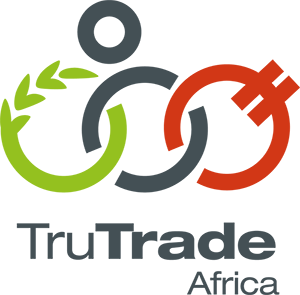Self Help Africa subsidiaries

ethical audits for clients, and undertook
14 advisory assignments for companies, in
2021. PA estimates that their work improved
conditions for over 131,000 workers employed
in international supply chains.

From Farm to Market
In 2021, COVID-19 continued to cause disruption to the lives and livelihoods of smallholder farmers. There were also challenges in accessing approved COVID- 19 vaccines, disruptions to supply chains and changing consumer spending patterns – all of which continued to impact TruTrade’s approach.
The organisation was determined to overcome the negative impact of COVID-19 and did some restructuring. To improve the way it sourced produce, reduce its costs, decrease its carbon footprint and reduce its reliance on third party millers, TruTrade pivoted away from sourcing paddy rice, which was costly. Instead, it began pilot testing milling rice with communities and buying milled, or pure, rice from smallholder farmers. In the longer term, this will mean better prices for farmers and better access to their rice milling by-products.
TruTrade has proved an essential link between the smallholder producer and the commercial buyer and business continuity is central to its operations.
In 2021, the company sourced 1,248 metric tonnes of produce across Kenya and Uganda - 500 metric tonnes more than in 2020.

The GEA provides a collaborative platform to support and facilitate large scale environmental restoration and sustainable agricultural intensification – with the goal of increasing biodiversity and both mitigating and adapting to the impacts of climate change on a globally significant scale.
The Global Evergreening Alliance promotes nature-based approaches – such as evergreening and regenerative agriculture – and is committed to achieving this in collaboration with local communities. The GEA’s members believe that this approach will lead to more productive and resilient landscapes and agricultural systems, and provide small scale farmer, pastoralist, and forest dependent communities with improved and diversified livelihoods. It aims to foster a ‘green’ rural economic growth, by creating an agriculture sector that produces zero net greenhouse gas emissions.
The Alliance is committed to supporting its member organisations, interested governments and donors, and assisting small-scale farming, pastoralist and forest-dependent communities to restore degraded landscapes and improve the sustainability, productivity, equity and profitability of agricultural systems.
Furthermore, it seeks to foster the development of the EverGreening The Earth campaign, to facilitate grassroots movements around the world to adopt agroforestry practices such as Farmer Managed Natural Regeneration (FMNR), to mitigate the effects of climate change.
In 2022 the Global Evergreening Alliance secured the first tranche of a US$150m financing package from Climate Asset Management, to kick start ‘Restore Africa’, an initiative that aims to restore 1.9 million hectares of land and directly support 1.5 million smallholder farming families, across six African countries – Kenya, Ethiopia, Malawi, Tanzania, Uganda, and Zambia. Self Help Africa will be a partner in implementing this work.
Two Self Help Africa representatives sit on the Strategic Advisory Committee of the Global Evergreening Alliance.
